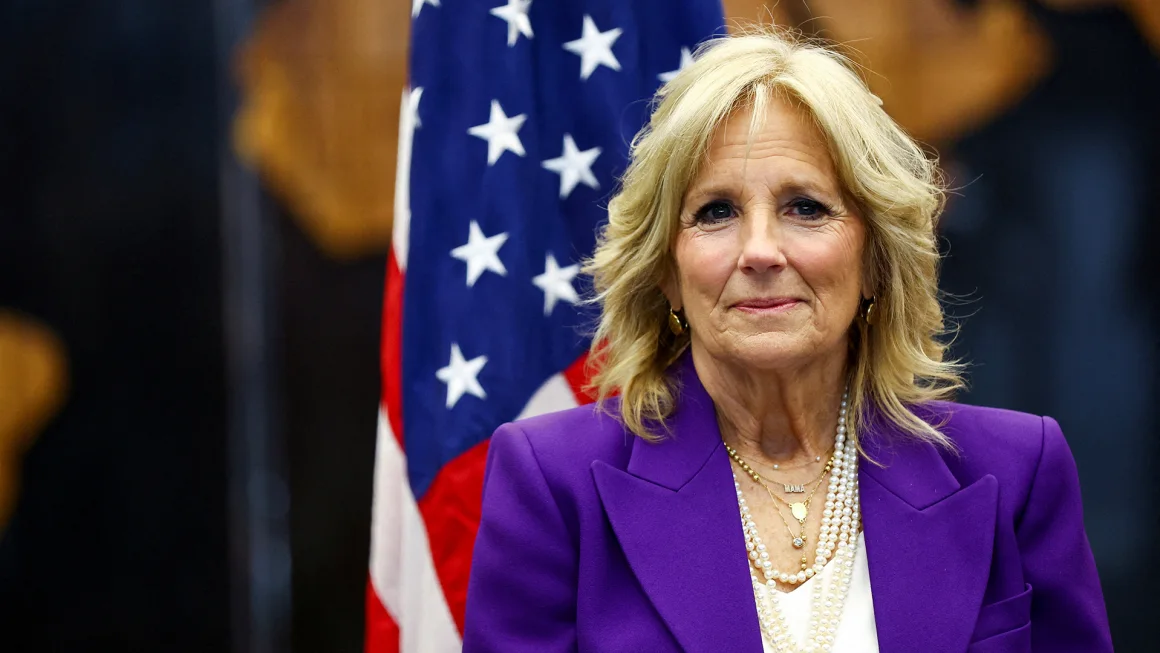
Fiscal Plan Puts FOB on Collision Course with Governor
Late last week the Fiscal Oversight Board approved 10-year fiscal plans for the Commonwealth, the Electric Power Authority (PREPA), the Aqueduct and Sewer Authority (PRASA), the Highways and Transportation Authority (HTA), and the University of Puerto Rico (UPR). All of the plans were approved unanimously with the exception of the Commonwealth plan, which was approved 6-1, with Ana Matosantos the sole vote against. The plans impose what many believe to be extreme austerity measures, including slashing pensions by an average of 10%, doubling tuition at the University of Puerto Rico, eliminating the Christmas bonus for private sector employees, and reducing paid sick leave and vacation days to 7 days each per year, among other cuts and “structural reforms.”
The approval of the plan was met with harsh criticism from labor leaders in Puerto Rico and the United States. Governor Ricardo Rosselló and the New Progressive Party (NPP) majority in the Legislature are also criticizing the plan and pledging not to implement some of its most unpopular measures; the Governor has stated that he will not implement the pension cuts and labor reform. (Rosselló proposed a similar version of labor reform, but his plan implemented it in phases, while also raising the minimum wage to $8.25 per hour.) The Board rejected the minimum wage hike and said the labor reforms needed to be implemented immediately. This prompted the Governor to withdraw his proposal, and the Legislature vowed not to approve a bill enacting the FOB plan. The FOB gave the Legislature until May 30 to approve the labor reform. If the Legislature fails to comply, the Board could sue the Commonwealth to force the implementation of the 10-year plan, or, as FOB Executive Director Natalie Jaresko hinted recently, the FOB could cut Puerto Rico’s budget to compensate for the plan’s lack of specific “structural reform” measures.
Work Requirement for Food Stamp Recipients Included in Fiscal Plan
The Fiscal Plan adopted by the FOB last week included the Governor’s proposal to require most recipients of the Nutritional Assistance Program (PAN in Spanish) to work. The plan requires most able-bodied working age recipients of PAN to actively look for a job or volunteer at a non-profit for at least 80 hours a month. Recipients who do not comply with this requirement after one year will lose one month of benefits, with continued cuts of up to six months per year. Several economists and observers are concerned that the austerity of the fiscal plan combined with the food stamps cuts will mean less money pumped into the Island’s flagging economy. Others were concerned that the economy in Puerto Rico is not producing enough jobs to employ the more than 1 million families that receive PAN and that there are not enough qualifying volunteer opportunities. Advocates have argued that welfare recipients in Puerto Rico who are able to find work should keep their PAN benefits and that this would better incentivize employment.
Revenues Drop by $158 million
Puerto Rico’s General Fund collected $671.2 million in February, which is 13.6% or $105.4 million less than it received in February 2017 and $104.2 million less than projected. In March, it collected $941.3 million, 5.3% or $53.1 million less than in the previous year and $44.1 million less than projected. In the first nine months of the current fiscal year, revenue remains 9.0% below 2017 levels and 6.1% below projections.
The lower revenue is due to a reduction in taxes from non-residents, and is largely associated with the tax on royalties from manufacturing businesses. Revenue from these sources dropped by 72.2% in February and 61.8% in March. Revenue from individual income taxes increased by 34.3% in February and 4.3% in March. Corporate tax revenue dropped by 22.4% in February and increased by 37.6% in March. Revenue from duties dropped by 1.1% in February and 15.3% in March, due to a $23.7 million drop in duties from foreign corporations. Revenue from these duties has been dropping since October. Revenue from duties on automobiles dropped by 7.9% in February and March, while Sales and Use Tax (SUT) revenue decreased by $44.4 million in February and increased by $23.2 million in March.
Employment Numbers Steadies but Still Lags Behind Pre-Storm Levels
Employment rates continue to tick upwards after Hurricane Maria, although they have yet to reach pre-storm levels. In March, employment decreased 4.0% when compared to the same month last year, with 35,900 fewer jobs for this period. The number of people employed fell to 851,500, according to the Non-Agricultural Wage Employment Survey of the Department of Labor and Human Resources. Employment has been falling since 2006, with the sole exception of the year 2012.
Opposition to FOB, PROMESA Grows
The opposition to the Fiscal Board and the PROMESA federal law has reached tri-partisan and multi-sector consensus in Puerto Rico. A few weeks ago, the Senate unanimously approved a resolution by Puerto Rican Independence Party (PIP) Senator Juan Dalmau that would remove all public funds from the FOB’s budget. Though the House has refused to take up the measure, House Speaker Carlos “Johnny” Méndez supports the Governor’s pledge not to legislate the pension cuts and the labor reform measures included in the FOB’s 10-year fiscal plan. In addition, this week the Popular Democratic Party (PDP) House Caucus introduced a resolution calling for the repeal of PROMESA – except for the provisions on debt restructuring – and the establishment of a binding self-determination process to define the Puerto Rico-US relationship.
Share
STAY IN THE LOOP
Subscribe to our free newsletter.
Proposal would tap sports betting to pay for new doctors With the number of physicians falling to historically low levels, a new proposal by a doctor and activist would use a portion of proceeds from […]
Student debt now exceeds median household income in Puerto Rico The cost of obtaining a degree is rising for students in Puerto Rico, and recent data show that it now exceeds the median household income […]
Gap continues for Medicare Advantage beneficiaries Representatives of Puerto Rico’s health care sector are lamenting a decision by the Center for Medicare and Medicaid Services (CMS) not to implement recommendations to increase funding for these […]
First Lady visits Fort Buchanan First Lady Jill Biden visited with military families at Fort Buchanan, the only U.S. Army installation in the Caribbean, on Sunday. The trip was part of Dr. Biden’s “Joining Forces” initiative […]




